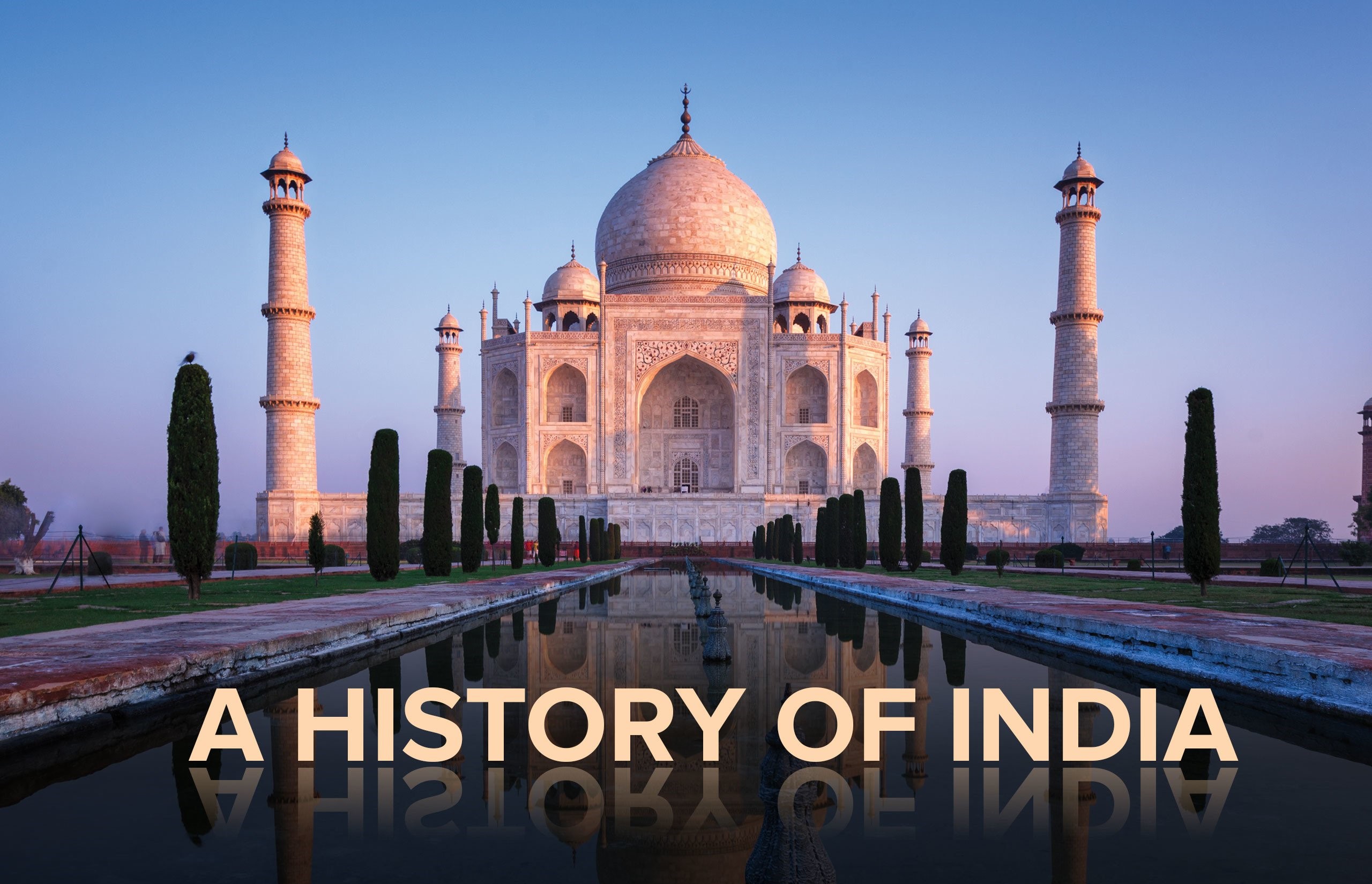Later Vedic Period
( 1000 BC - 600 BC )
Later Vedic Period ( 1000 BC - 600 BC )
» During the later Vedic Period, the Aryan settlements covered virtually the whole of Northern India.
» The centre of culture now shifted from Saraswati to Ganges.
» There was mention of more rivers such as Narmada, Sadardra (modem Gandak), Chambal etc.
» The expansion of people towards the east is indicated in a legend of Satapatha Brahamana-how Videha Madhava migrated from the Saraswati region, crossed Sadanira and came to the land of Videha (modern Tirhut).
He (Agni) then went burning along the earth towards the east, and Gotama Rahugana (the priest) and Videgh Mathava followed after him."
» Emergence of Janapadas—Kuru (Combination of Purus and Bharatas), Panchala (Combination of Turvashas and Krivis), Kashi etc. in Doab region.
» Later Vedic literatures mention Vindhya mountain (Southern mountain).
» Reference to the territorial divisions the later Vedas gives three broad divisions of India, viz. Aryavarta (Northern India), Madhya desa (Central India) and Dakhinapath (Southern India).
Polity
» Large kingdoms and stately cities made their appearance in the later Vedic Period.
» In Taittariya Brahmana we notice the theory of the divine origin of kingship.
» The governmental machinery became more elaborate than before, as a sequel to the growth of the power of the king. New civil functionaries, besides the only civil functionary of the Rigvedic period the purohita came into existence.
» There were : the Bhagadudha(Collector of taxes), the Suta/Sarathi (the Royal herald or Charioteer), the Khasttri (Chamberlain), the Akshavapa (Courier).
» The military officials of the Rigvedic times, the Senani (the general) and the Gram am (the head of the village) continued, to function.
» The period also saw thebeginning of a regular system of provincial government. Thus, we find Sthapati being entrusted with the duty of administering outlying areas occupied by the aboriginals and Satapati being put over a group of one hundred villages. Adh.krita was the village official. Vgras, mentioned in the Upamshada, was probably a police official.
» The popular control over the affairs of the kingdom was exercised through Sabha and Samiti, as in the Rigvedic period. Vidatha had completely disappeared by now.
» Even during the later vedic times, kings did not possess a standing army.
» Judiciary also grew. The king played a great role in administering criminal law. The killing of an embryo, homicide, the murder of a Brahmana, in particular, stealing of gold and drinking sura were regarded as serious crimes. Treason was a capital offence.
